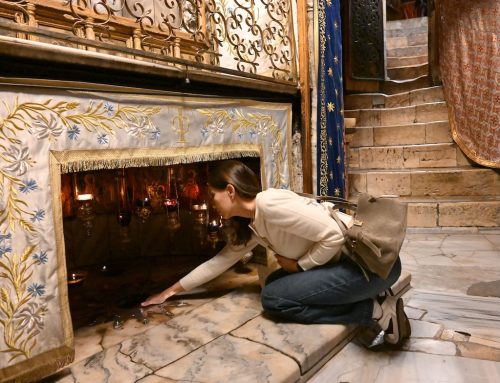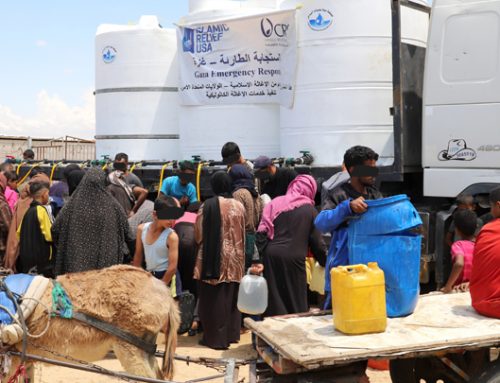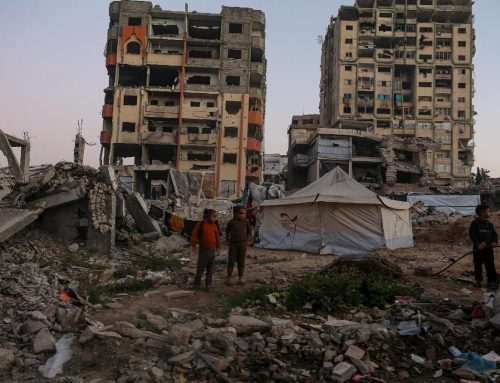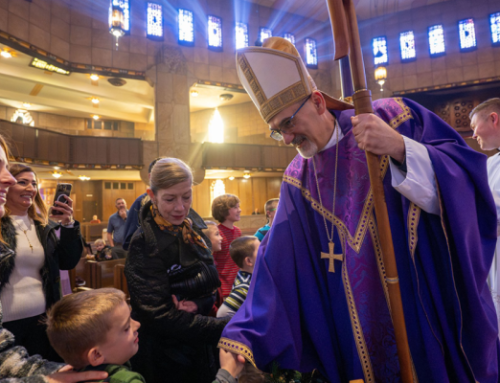Interview with Archbishop Tauran, Secretary for Relations with States
Interview with Archbishop Tauran, Secretary for Relations with States
Q: A very critical point is the Holy Land. What is the Vatican’s position?
Archbishop Tauran: I repeat: There are two peoples with equal rights. The Israelis with the right to security; the Palestinians, a land and state. No right should prevail over another.
It is absolutely necessary that the force of law prevail over the law of force. I repeat this with great conviction in these days, in which yet again contempt for life and armed violence are taking an entire region, perhaps beyond its borders, to the abyss.
Q: What steps should be taken to unite peace and justice again in the Holy Land?
Archbishop Tauran: Withdrawal from the Occupied Territories, respect for U.N. resolutions, the involvement of the international community, and the recognition of an international juridical statute for the holy places.
Q: The latter, a topic that is again of very great importance, following the invasion of the Basilica of the Nativity in Bethlehem by 200 Palestinians.
Archbishop Tauran: The entry of those armed men is a violation of a holy place. However, the problem will not be resolved by force.
The Vatican has proposed the establishment of an Israeli-Palestinian bilateral commission to address the question. More generally, we can see, as history teaches, that guarantees diminish when the protection of holy places is entrusted to only one national authority.
This is why we again ask that the international community be the guarantor of places loved by Jews, Muslims and Christians — loved by faithful of the whole planet.
Q: In your address, you explained that the defense of life and the family is one of the new fields of the Vatican’s international action. How can this commitment be integrated in the construction of the European Union, where there are states, like Holland, for example, which legalize practices such as euthanasia?
Archbishop Tauran: We encourage the European episcopates to know how to help peoples to become aware of the challenges, and political leaders to make the right decisions, in the perspective of a plan of society that is respectful of human dignity and freedom and of natural morality.





